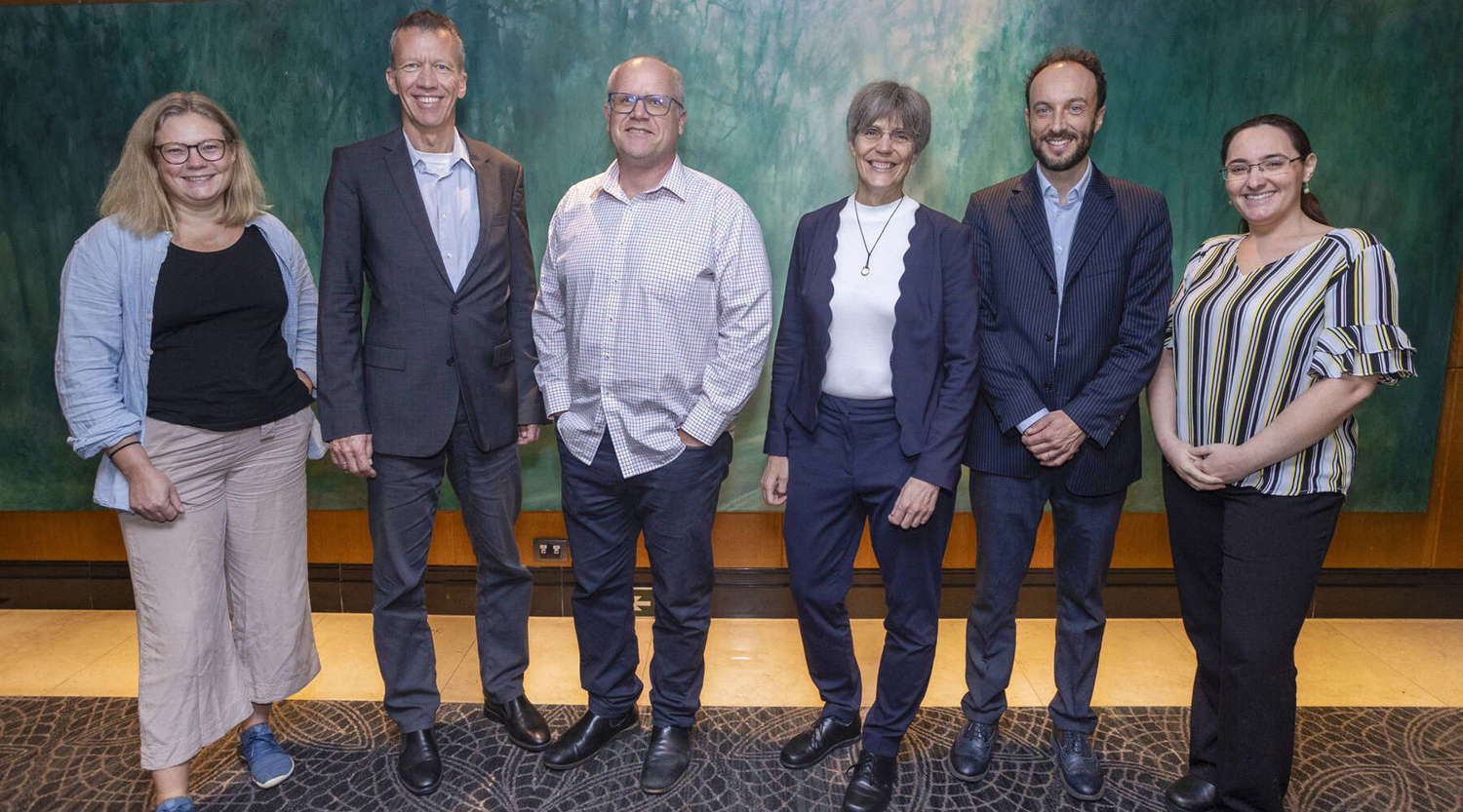The University of the Sunshine Coast’s Professor Mark Brown is leading the global development of the bioenergy industry as the newly appointed Chair of the International Energy Agency Bioenergy program.
Bioenergy is a renewable energy source derived from organic waste matter like wood, crop or plant residue, which is then converted into usable fuels.
As IEA Bioenergy Chair, Professor Brown will oversee research, development and deployment opportunities for the 23 member nations with bioenergy programs, with a view to improving global energy security with a more sustainable alternative.
“I feel privileged to build upon the incredible progress made before me, at such a pivotal time for bioenergy,” Professor Brown said.
“Together with our partners, I am committed to leveraging the power of collaboration and our global networks, to advance the technical expertise needed to maximise the sustainable use of bioenergy in meeting the challenge of reducing global carbon emissions.”
Professor Brown is also Director of UniSC’s Forest Research Institute, leading cutting-edge research on the conservation of forests globally as well as the economic and environmental sustainability of forest and timber industries – including utilising biomass in energy supply chains.
He believes the bioenergy research happening at UniSC and leading institutions around the world has the potential to shape the low carbon energy system of the future.
“Bioenergy is a deployable, renewable and sustainable energy source that can address the energy needs of ‘hard to abate’ industries like shipping and aviation, and will play a crucial role in achieving our climate change targets.” Professor Brown said.
“All global projections and models require bioenergy as part of the sustainable energy mix, to have any chance of meeting the below two degrees target that’s critical to the health of our planet.”
Media enquiries: Please contact the Media Team media@usc.edu.au


